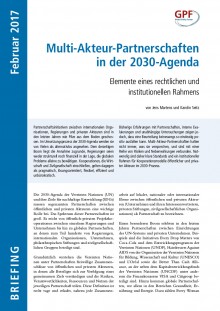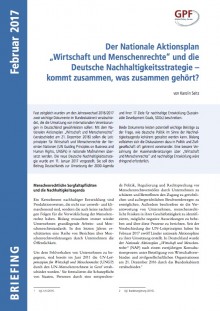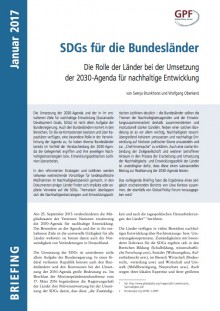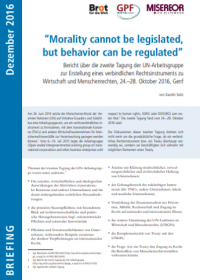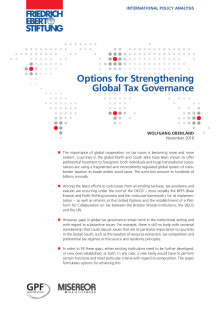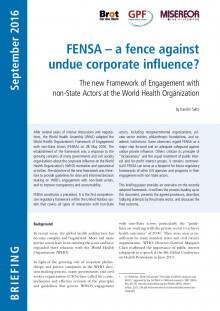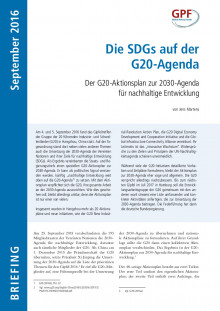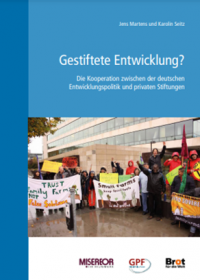
Partnerschaftsinitiativen zwischen internationalen Organisationen, Regierungen und privaten Akteuren sind in den letzten Jahren wie Pilze aus dem Boden geschossen. Im Umsetzungsprozess der 2030-Agenda werden sie von Vielen als alternativlos angesehen. Dem derzeitigen Boom liegt die Annahme zugrunde, Regierungen seien weder strukturell noch finanziell in der Lage, die globalen Probleme alleine zu bewältigen. Kooperationen, die Wirtschaft und Zivilgesellschaft einschließen, gelten dagegen als pragmatisch, lösungsorientiert, flexibel, effizient und unbürokratisch.
Bisherige Erfahrungen mit Partnerschaften, interne Evaluierungen und unabhängige Untersuchungen zeigen jedoch, dass eine [...]

